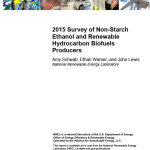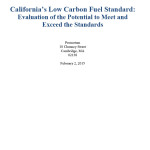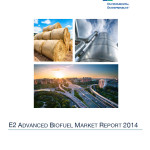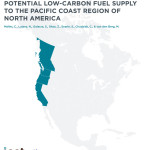Why Clean Fuel Matters
Our nation is nearly entirely dependent on petroleum (95%), with nearly half of the fuels we use made from foreign imports. Nearly all parts of our economy, from the products we make or services we provide, depend on transportation and are subject to the volatility of the global crude oil market.
Researchers from the U.S. Department of Energy estimate that our over-dependency on oil cost the nation’s economy about $460 billion in 2011, or roughly $2 trillion over five years. This equates to about 3 percent of our nation’s GDP. Stated another way, we are exporting $875,000 every minute.
While domestic fuels can help buoy our economy and provide security to our nation, not all domestic fuels are created equal. Even if we did move to 100 percent domestic fossil fuels, the U.S. and Canadian reserve of 195 billion barrels of oil would only last us 28 years at our current consumption level. In addition, the most readily accessible fossil fuels have already been extracted, so we are left with fuel reserves that compromise public health, safety, and the environment in their extraction and use. Clean air and clean water are not only vital to our health, but also to a flourishing economy, so we must protect our natural resources. Therefore, renewable energy is the safest long-term alternative to assure our health and still provide energy we need.
To transition away from petroleum, we will need a whole suite of technologies. In addition to personal vehicles becoming more efficient and electrified, and more accessible public transit, we will need direct replacements for the liquid fuels we use in aviation, shipping, and other heavy duty industrial applications. This critical gap between our economic needs and the health of our economy is exactly the void that clean liquid fuels can fill.









Connect